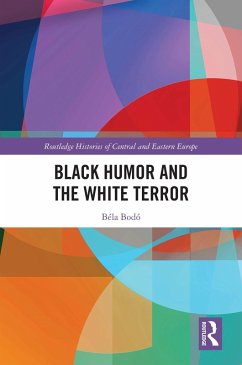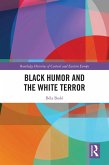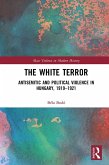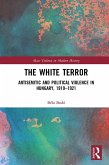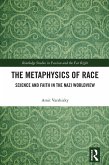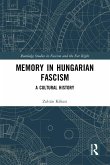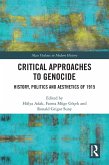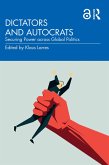On the other hand, this study follows a historical and political approach to the same topic and focuses on the reaction of urban, middle-class, and culturally assimilated Jews to recent events: to the disintegration of the Dual Monarchy, the collapse of law and order, increased violence, the reversal of Jewish emancipation and the rise of new and more pernicious antisemitic prejudices. The study sees humor not only as a form of entertainment and jokes as literature and a product of popular culture, but also as a heuristic device to understand the world and make sense of recent changes, as well as a means to defend one's social position, individual and group identity, strike back at the enemy, and last but not least, to gain the support and change the hearts and minds of non-Jews and neutral bystanders.
Unlike previous scholarly works on Jewish resistance during the Holocaust, this study sees Budapest Jewish humor after WWI as a joint adventure: as a product of urban and Hungarian culture, in which Jewish not only played an important role but also cofounded. Finally, the book addressed the issue of continuity in Hungarian history, the "twisted road to Auschwitz": whether urban Jewish humor, as a form of escapism, helped to desensitize the future victims of the Holocaust to the approaching danger, or it continued to play the same defensive and positive role in the interwar period, as it had done in the immediate aftermath of the Great War.
Dieser Download kann aus rechtlichen Gründen nur mit Rechnungsadresse in A, B, BG, CY, CZ, D, DK, EW, E, FIN, F, GR, HR, H, IRL, I, LT, L, LR, M, NL, PL, P, R, S, SLO, SK ausgeliefert werden.

